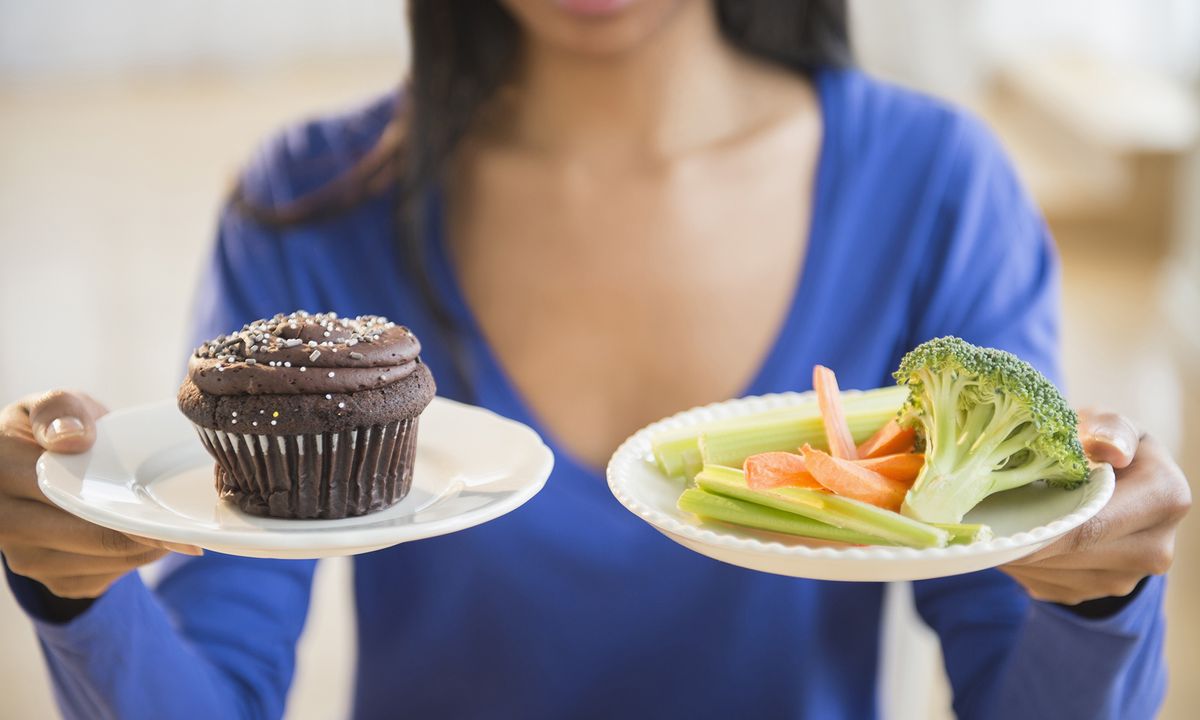they seem perfect in theory ,your body needs it so it will take it from reserves
Announcement
Collapse
No announcement yet.
Do no fat diets work?
Collapse
X
-
Minimize the bad fats, but some fat is a good thing. In fact, a lot of people take fat supplements (good fats) such as flax seed oil. The idea is that if your body thinks it is in a fat rich environment then it won't hang onto its stores of fat and it will be easier to get your body to start burning fat. Burning fat is much better than burning muscle, which is what a lot of people do unwittingly.
Terry
-
Tired of hearing about things like monounsaturated fats, partially hydrogenated oils and trans fatty acids and not knowing a thing about any of them? Find out what you need to know here.
There are 7 Essentual fatty acids that you need. (I.e Fat)
Your body cannot manufacture these and if you don't get them your cell walls will decompose and you will eventually die of internal hemoraging. Not a pretty way to die. (I don't think your body stores this kind of fat either)
Eating no fat will not keep you from storing fat. Doesn't work that way. Carbs can and will be stored as fat. Ditto with protein.
Diets don't work, eating healthy and getting plenty of exercise does. It isn't something that is quick, nor magical, it requires a lifestyle change.
So no, low fat diets don't work, in fact there is no such thing as a no fat diet. Otherwise the people on them would die.
Comment
-
I agree with Epimetheus. I would like to throw in a disclaimer though. For most people, they take in way too much fat, and the fat they take in isn't the good kind, e.g., french fries. For these people reducing fat is an excellent way to control their weight as well as lower the long-term risk of things like cancer, heart disease, obesity, stroke and diabetes. A painless place to start is with dairy products: there are non-fat substitutes for all dairy products.
Now, if you're getting extreme about eliminating all fats (which I wouldn't do) you need to consider carefully how your food is prepared. How much oil did they use to prepare your pasta? How much oil is in that bread? More than you might think in many cases.
I guess I would change the nature of the question being asked to something like: How can I eliminate unnecessary fats and make sure the fats I do take in are the good ones, not the bad ones? That kind of question is worth pursuing. But eating no fat whatsoever harkens back to the era of the 1980s--before they understood the following:
1) Not all fats are bad
2) Not all fats are equal
Terry
P.S.: One portion of the population that needs fat in their diet is children. During their first six years their brains are growing, and to grow their brains need fat. Give those little ones whole milk by the bucket--they need it.
Comment

Comment